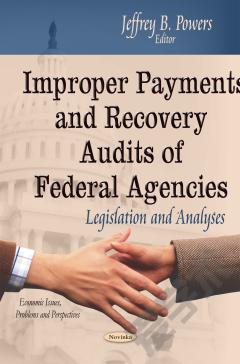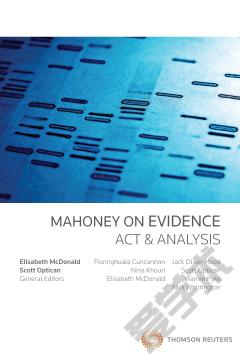Fair Debt Collection Practices Act: Overview, Analyses, and Administration
The recent fiscal crisis and recession have accentuated debt collection issues, prompted federal regulatory and enforcement activities regarding the debt collection industry, and motivated assessments of the effectiveness of the Fair Debt Collection Practices Act (FDCPA). The Consumer Financial Protection Bureau (CFPB) and the Federal Trade Commission (FTC), the two main agencies charged with regulating and/or enforcing the FDCPA, have identified debt buying, the use of litigation as a collection strategy, and the impact of current technology on the debt collection industry as three major developments that did not exist when the FDCPA was enacted in 1977. They have conducted analyses of consumer complaints about FDCPA violations and studies and workshops to evaluate the debt-buying industry and the impact of technological developments such as social media, email, mobile phones, etc., on how debt collectors communicate with consumers and find information about consumer debts. At present, about 30 million Americans, nearly 10% of the population, are subject to debt collection for amounts averaging $1,500 per person, according to the CFPB. This book provides an overview and analysis of the Fair Debt Collection Practices and Act with a focus on current issues and legislative proposals.
{{comment.content}}








 京公网安备 11010802027623号
京公网安备 11010802027623号